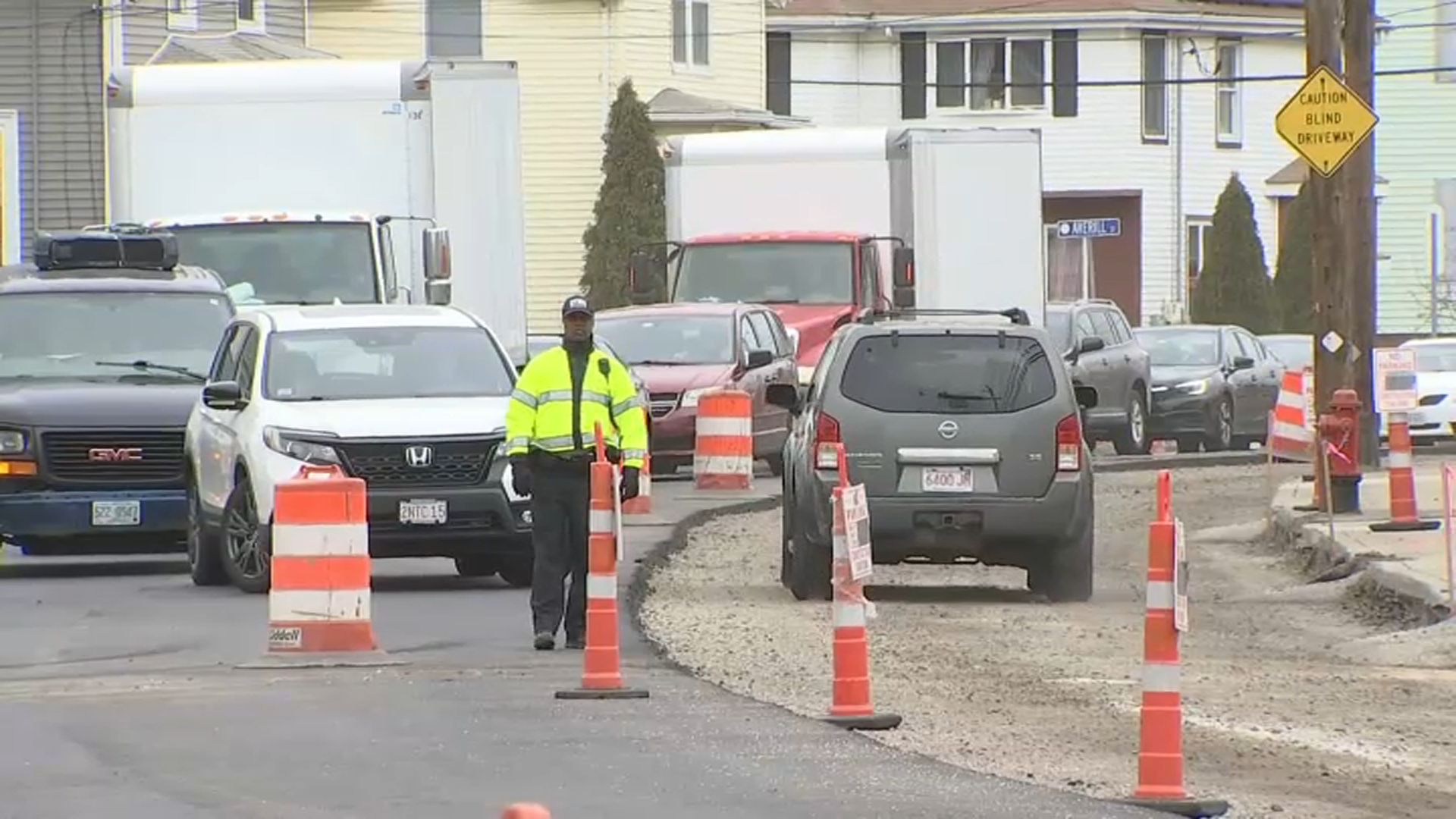A bill designed to rev up the state's reliance on renewable energy by imposing a charge on carbon emissions is gaining steam at the Massachusetts Statehouse.
Under the proposal, the state would set a fee based on each ton of carbon dioxide emissions produced by fossil fuels. The tax would start at $20 per ton and increase $5 a year until it reaches $40 per ton. The money would be collected by the Massachusetts Department of Revenue.
Thirty percent of all the revenue collected under the legislation _ about $400 to $600 million a year _ would be funneled into a Green Infrastructure Fund to help state agencies and cities and towns pay for transportation, resiliency, and renewable energy projects aimed at reducing carbon pollution.
The proposal also calls for rebating 70% of the money to households and businesses to offset most of the increased fuel costs. Backers say low to middle-income households will likely come out ahead _ getting back more in rebates than they pay in any cost increases. The bill would also provide higher rebates for less populated communities where people drive more.
Businesses that face strong competitive pressures from companies outside the state would also receive higher rebates.
Critics of the proposal say it will increase the annual tax bill for Massachusetts households by hundreds of dollars in the first year, while costing the state thousands of private sector jobs.
Skeptics also say that any action taken by Massachusetts — with a population of close to 7 million, compared with a global population of more than 7 billion — will have virtually no effect on sea level rise or other global impacts of climate change.
Local
In-depth news coverage of the Greater Boston Area.
"On the matter of climate change, politicians have reached a point where they will throw anything they have at the problem without a thought to the economic consequences or, for that matter, the actual effects on climate change," David Tuerck, president of the conservative-leaning Beacon Hill Institute, said in a statement this week.
Backers of the legislation, including the Boston-based nonprofit Climate Xchange, have argued the changes would bring a net positive economic impact for the state.
The group points to a 2014 report prepared for the state Department of Energy Resources that estimated that a carbon fee or tax could lead to 4,000 to 10,000 more jobs by 2030, primarily because the state would be spending less on importing fuels and energy.
Michael Green, the group's executive director, said opponents of a carbon tax fail to factor in the cost of taking no action.
"Not only does climate change pose a massive risk to our future, other states and countries are passing us as they build toward a low carbon economy," Green said in a statement.
The bill has more than 100 co-sponsors in the 200-member Legislature. It has yet to come up for a vote in either chamber.
Democratic Rep. Jennifer Benson, the bill's sponsor, did not respond to several requests for comment.
The proposed carbon tax is one of many climate change-related bills on tap at the Statehouse.
Democratic House Speaker Robert DeLeo has filed legislation that would authorize the state to borrow $100 million a year over a decade to help cities and towns adopt new technologies designed to cut greenhouse gas emissions and strengthen infrastructure projects.
The initiative — called GreenWorks — would include money for renewable energy, energy efficiency and climate change resiliency efforts.
Republican Gov. Charlie Baker has proposed an increase in the state excise tax on real estate transfers to help Massachusetts communities prepare for the effects of climate change. Baker said the tax, paid by the seller, would increase from $2 to $3 per $500 of property value.



